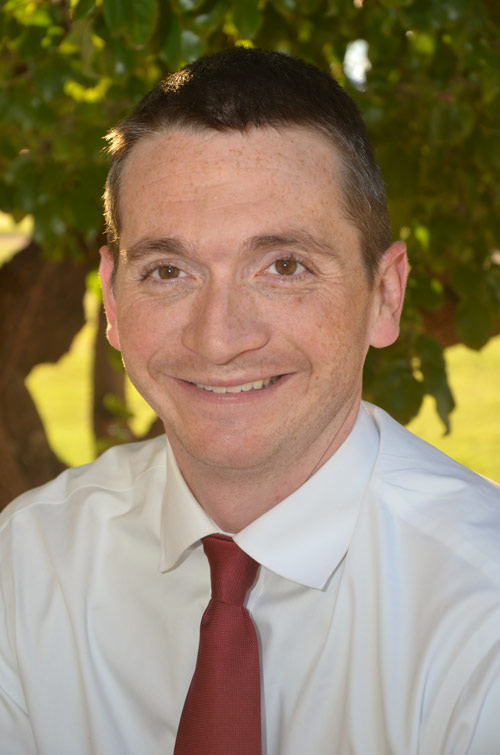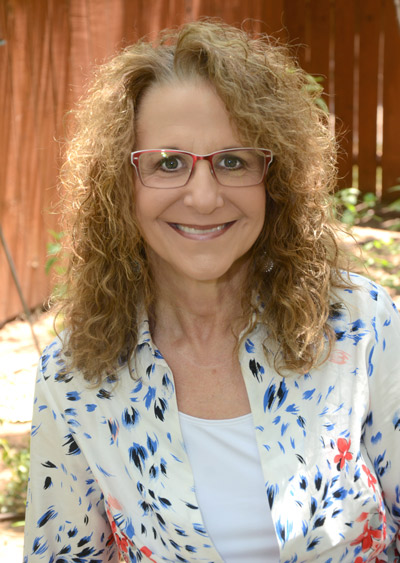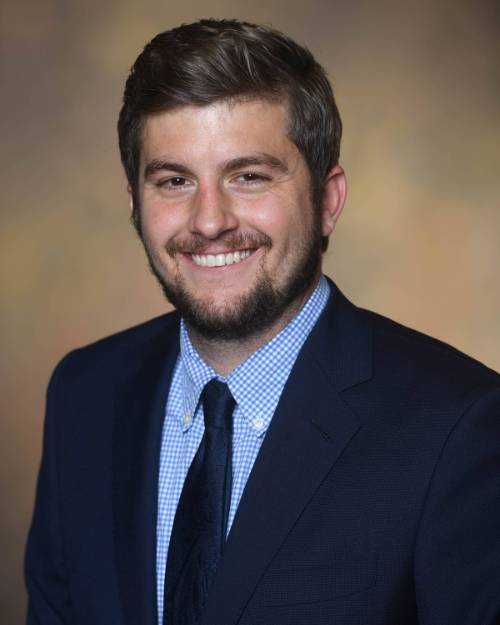Faculty
Dr. Sheila Garos
Research Interests: Human sexual behavior, behavioral addictions, sexual temptation bias, and women's OB/GYN health, women’s objectification of other women.
Supervision Expertise: I conceptualize cases from a psychodynamic perspective. This theoretical orientation provides the "frame" in which I assess client issues and explore the origin of problematic behaviors. I use a variety of interventions and techniques to address client concerns (e.g., CBT, solution-focused, behavioral activation, etc.). My approach focuses on family history and the links between a client's past and present. I teach students how to be direct and confront clients and make active interpretations during therapy. I utilize the therapeutic relationship, including transference and countertransference in an active "here and now" approach and deal very directly with client affect. Additionally, I have had a private practice since the year 2000. My training at the Kinsey Institute for Sex and Gender Research prepared me for a specialization in sexuality including the treatment of LGBTQ issues, sexual disorders, sexual dysfunctions, and sexual health. I also treat compulsive eaters, compulsive sexual behavior, and substance abuse. My other specialty area is couple's therapy. I also do general psychotherapy with issues such as depression, loss, trauma, and anxiety. Finally, I conduct evaluations for Assisted Reproductive Technology patients.
Website: https://s3xlab.wixsite.com/research

Dr. Paul B. Ingram
Research Interests: Personality measurement, veteran relevant issues such as PTSD and TBI, and mental health stigma, relating to attitudes, treatment behaviors, and physical health.
Supervision Expertise: I approach psychotherapy from an integrative approach which utilizes both cognitive-behavioral and humanistic approaches. My specialty areas include the treatment of anxiety, depression, trauma, and the unique needs of military service members and veterans; however, I can provide supervision for all adult clinic clients. I also provide supervision for psychological assessments, including ADHD/LD evaluations, diagnostic evaluations, IQ/developmental assessments, and public safety evaluations.
Dr. Haram Kim
Research Interests: Intersection between work and well-being, work of marginalized populations in society, systemic and structural inequalities and work, school-to-work transition, and career interventions.
Supervision Expertise: My clinical interests are around college students, particularly international students, interpersonal concerns, adjustment concerns, depression, anxiety, social anxiety, trauma, career related issues, and ADHD/LD assessments. My theoretical orientation is integrative, drawing from humanistic, feminist, and multicultural theories, and incorporating interpersonal processes and cognitive-behavioral therapies. I prioritize building a strong therapeutic relationship with clients, recognizing my power in the room, and sharing power with clients through a collaborative stance. I see clients as experts in their own lives and work with them to co-construct goals. To foster self-compassion, insight, skill-building, and meaningful change, I draw from multiple modalities and actively assess their effectiveness as clients implement and make changes. My supervision approach mirrors my therapy approach, aiming to build collaborative and supportive relationships with supervisees while considering their developmentally appropriate needs.

Dr. Brandy Piña-Watson
Latinx Mental Health & Resilience Lab
Research Interests: Latinx adolescent and emerging adult mental health disparities (focus on those of Mexican descent); Individual, familial, cultural, and societal impacts on depression, suicidal ideation and behaviors, well-being, and academic outcomes of Latinx individuals; gender socialization; mental health prevention and intervention with Latinx populations.
Supervision Expertise: I take an integrative approach to therapy that draws heavily from interpersonal, humanistic-existential, and multicultural perspectives. My primary clinical interests include crisis intervention, and treatment of adolescent and adult populations with concerns such as depression, suicidal ideation and behaviors, anxiety, trauma, gender and sexuality concerns, identity development, as well as familial and relational difficulties. I specialize in the treatment of ethnic minority and other marginalized populations. I supervise adolescent, adult, and couple's cases as well as provide supervision for ADHD/LD evaluations. I also provide supervision to supervisors in training.

Dr. Christine Robitschek
Research Interests: Positive psychology, multicultural aspects of personal growth initiative, implications of personal growth initiative for health/illness and interventions.
Supervision Expertise: I approach supervision from a developmental perspective, tailoring supervision to the unique needs of each therapist-in-training with the following major goals: (a) develop and clarify their theoretical orientation; (b) learn to work with clients in culturally relevant and appropriate ways grounded in evidence-based practice; and (c) work with client emotion in direct and effective ways. My Psychology Clinic practicum will provide training in general adult, individual psychotherapy with specialty training in integrating evidence-based positive psychology conceptualizations and interventions within other theories of psychotherapy.
Dr. Craig Warlick
Research Interests: My research focuses broadly on factors that influence mental health treatment. Most of my projects fall within four focal areas: 1) Delivery strategies of evidence-based treatments, 2) training within mental health at the graduate and professional level, 3) religiosity’s associations with mental health and the world of work, and 4) improving measurement within the three previous domains. Collaboration with others and advocacy underlies all my work, specifically regarding health disparities, marginalized populations, and more equitable access to resources.
Supervision Expertise: When practicing, I primarily identify as a third-wave behavioral therapist. I also draw heavily on common factors and second-wave behaviorism. In supervision, I prioritize the supervisory alliance and I use a developmental perspective to serve therapists-in-training who are providing services to adult clients.
Psychological Sciences
-
Address
Texas Tech University, Department of Psychological Sciences, Box 42051 Lubbock, TX 79409-2051 -
Email
kay.hill@ttu.edu


